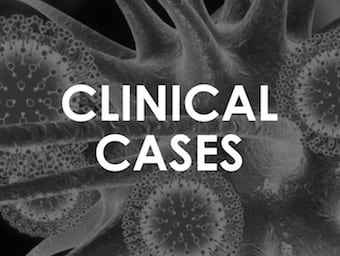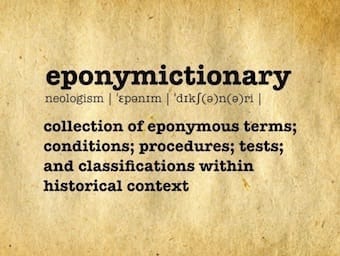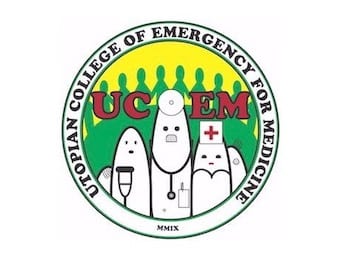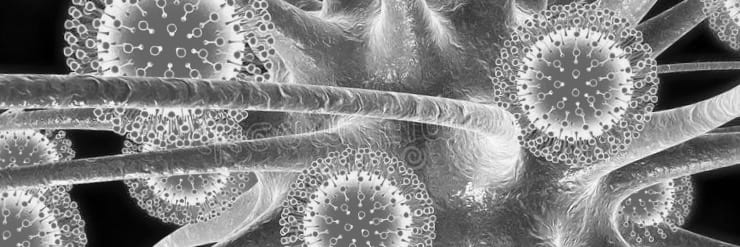
Oslerus osleri
Sir William Osler was a man of not inconsiderable talent. A pathologist and clinician. A professor successively at McGill University, the University of Pennsylvania, Johns Hopkins University and Oxford University. Historian and bibliographer of medicine. A naturalist, microscopist, proponent of…







